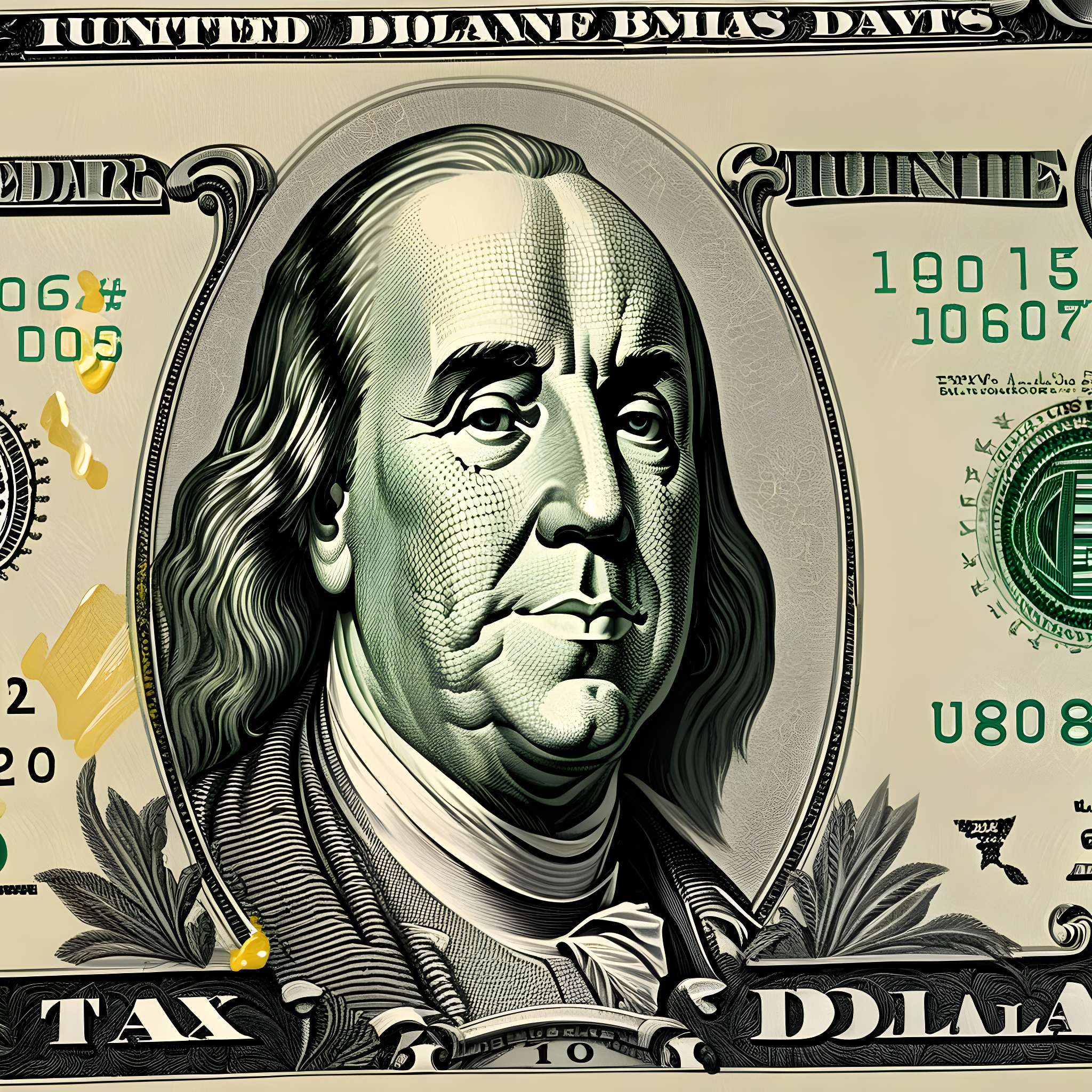As the end of the tax year quickly approaches, it’s important to be aware of what changes can potentially help you save on your taxes come April. Whether you’re a millennial looking for creative ways to reduce taxable income or a baby boomer striving for retirement readiness, there are tax-saving strategies everyone should consider. In this post, we’ll review some key aspects of financial planning before December 31 and provide insight into why now might just be the best time to start working towards your long-term financial success.
1. Maximize Retirement Contributions
Contributing to retirement accounts like a 401(k) or an IRA not only secures a comfortable future but also provides significant tax advantages. The contributions are generally tax-deductible, potentially placing you in a lower tax bracket.
2. Harvest Your Investment Losses
Tax-loss harvesting involves selling securities at a loss to offset capital gains tax liability. This strategy can effectively reduce your taxable income, thus decreasing your overall tax liability.
3. Leverage Health Savings Accounts (HSAs)
If you’re enrolled in a high-deductible health plan, consider maximizing your contributions to your Health Savings Account. All contributions to an HSA are tax-deductible, and withdrawals for qualified medical expenses are tax-free.
4. Year-End Charitable Contributions
Charitable donations can be written off your taxable income if you itemize your deductions. It’s a generous way to cut down your tax bill while also giving back to the community.
5. Take Advantage of Education Tax Credits
If you, your spouse, or your dependents are on a path of higher education, you may be eligible for education credits. The American Opportunity Tax Credit and the Lifetime Learning Credit can help reduce your tax bill significantly.
6. Defer Your Income
If you expect to be in the same or a lower tax bracket next year, consider deferring portions of your income to next year. This could be in the form of bonuses, consulting income, or self-employment income.
7. Consider Roth Conversions or Backdoor Roth
Another strategy to optimize your taxes is considering Roth conversions. This involves converting a traditional IRA, which is tax-deferred, into a Roth IRA, where withdrawals in retirement are tax-free. However, the catch is you need to pay taxes on any amount converted. This strategy can be beneficial if you expect to be in a higher tax bracket in retirement or if you want to leave tax-free money to your heirs.
8. Seek Professional Tax Advice
Tax laws can be complex and difficult to navigate alone. Consider seeking help from a tax professional. They can provide tailored advice based on your unique financial situation to help you maximize your tax savings.
In conclusion, it’s important to plan for your taxes proactively. By taking these steps before the end of the year, you can potentially save a significant amount of money and make your tax filing much smoother. Always remember, every individual’s tax situation is unique, so it’s advisable to consult with a tax professional for personalized advice.


